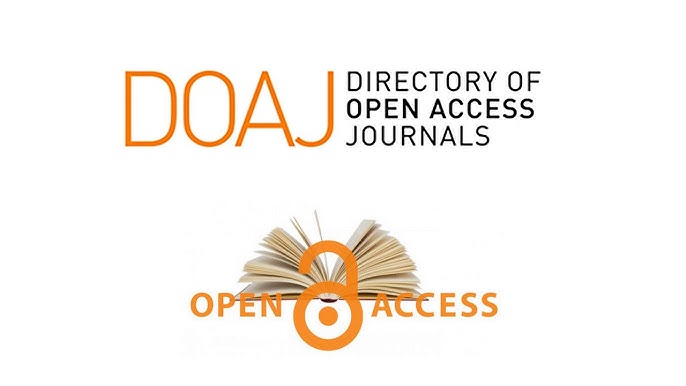Climate Change and its Impact on Public Policies (Drought in Iraq as a Case Study)
Abstract
Climate change is among the most significant challenges of the 21st century, characterized by rising temperatures, rainfall fluctuations, and increasingly severe natural disasters. These changes especially affect vulnerable countries like Iraq, which is experiencing serious consequences across various sectors. In response, nations are adopting public policies to mitigate and confront these impacts in the future. This research aims to analyze the effect of climate change on public policies in Iraq and to explore how the government is responding to the drought caused by climate change, focusing on understanding the causes of drought and its connection to climate change. The importance of this research lies in the severity of climate change in Iraq, especially the problem of drought, which is one of the most dangerous issues facing the country today, alongside environmental challenges that demand effective public policy solutions. Iraq strives to implement adaptation and mitigation policies, including managing water resources through the construction of dams and negotiating for fair water shares. However, Iraq faces a lack of a clear strategy for both mitigation and adaptation, which calls for the development of implementable plans. The study is divided into three main sections: the first discusses the concept of climate change and public policy; the second addresses climate change in Iraq, its causes, and consequences; and the third examines Iraqs public policy for tackling the drought issue.



